NHS won’t get cutting-edge drugs unless it pays more, says AstraZeneca boss
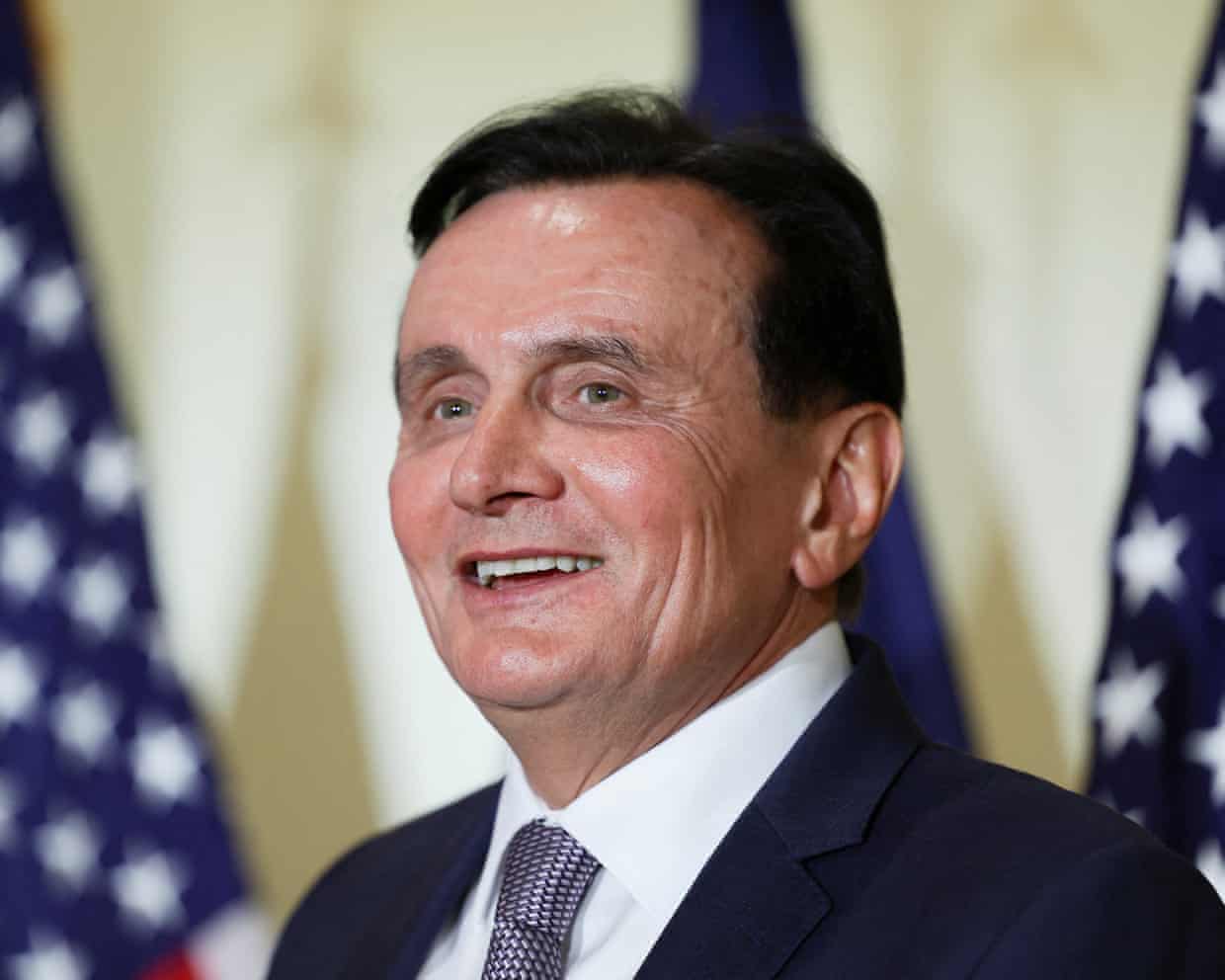
The boss of AstraZeneca has said that unless the UK ramps up spending on new drugs, it could be on a trajectory to only being able to afford cheap, generic medicines rather than cutting-edge treatments.Pascal Soriot made the remarks amid an acrimonious standoff between the pharmaceutical industry and the government over drug pricing, which has been blamed for drugmakers pausing or ditching nearly £2bn of investments in the UK this year.Britain has been heavily criticised by pharma executives, as well as high-profile scientists such as Sir John Bell, for not spending more on medicines, putting it out of line with other countries.“To say that countries will only be able to afford generics [drugs] is only an extreme case,” Soriot said on Thursday, emphasising that “it’s not the case today of course, but if things continue to deteriorate the way they do … it is actually possible that it happens over time, if the ongoing trend that has been in place for 15-20 years doesn’t change.”Soriot noted that the National Institute for Health and Care Excellence (Nice) cost-effectiveness thresholds for new drugs had not changed for two decades, “and we’ve had a lot of inflation in the last five years”.
Donald Trump has also put pressure on pharma companies to lower their drug prices in the US and increase them elsewhere,AstraZeneca’s share price rose by more than 3% on Thursday, valuing the company at £200bn, after it said it would be able to absorb the impact of the US price cuts,Labour has begun drawing up fresh proposals to try to end the drug pricing standoff after intensive talks with the industry and the Trump administration,Soriot said that under these proposals, Nice’s cost-effectiveness thresholds would be raised by less than 25%, with an adjustment to get the overall increase to 25%,He called for a “substantial adjustment based on … inflation” to these thresholds, plus a “substantial moderation” to the rate at which the government claws back profits of drug sales to the NHS.
Under a voluntary scheme, drugmakers pay back a chunk of their UK revenues to the government.At the moment, companies repay about a quarter of revenues, compared with rebate rates of 5.7% in France and 7% in Germany.Talks between the industry body and ministers to renegotiate the deal broke down without an agreement in late August.The AstraZeneca boss said the government should double spending on new medicines to 0.
6% of GDP, from 0.3% now – in line with other countries.According to Nice’s thresholds, medicines costing between £20,000 and £30,000 per year of good health gained for patients represent good value for money for the NHS.The Association of the British Pharmaceutical Industry has called for this to be roughly doubled to between £40,000 and £50,000.Soriot said these changes were badly needed.
“The only thing I can say is what I believe would attract investments in the UK, and really create economic growth on top of improving access for patients.”The AstraZeneca boss, who is one of the highest-paid chief executives of UK-listed companies, argued that buying cutting-edge treatments would save the NHS money elsewhere, by diagnosing and treating patients early.Sign up to Business TodayGet set for the working day – we'll point you to all the business news and analysis you need every morningafter newsletter promotionHe denied that the company was slowly relocating to the US, but said that Europe, including the UK, had been losing out to the US and China in terms of introducing new technologies.AstraZeneca, Britain’s biggest drugmaker, recently announced that it would list its shares directly on the New York Stock Exchange, in a decision described as a “knock-back for London”.However, it insisted that it would remain headquartered in Cambridge, England, and stay listed on the London Stock Exchange.
It is one of a number of pharmaceutical companies that have pulled back from UK investments in recent months, ditching the planned £450m expansion of its vaccine facility in Speke, in Liverpool, at the start of the year, and pausing a new £200m research centre in Cambridge in September.At the same time, the firm has announced $50bn of investments in the US, and a deal with the Trump administration to lower its prescription drug prices by up to 80% and sell directly to consumers to cut out costly middlemen.This will stave off threatened US tariffs for three years.AstraZeneca said on Thursday it had broken ground on a new $4.5bn manufacturing facility in Virginia, which will create 3,600 jobs and produce the drug substance for its weight management and metabolic portfolio, including its GLP-1 anti-obesity pill that is in intermediate clinical studies.
It reported an 11% rise in revenues to $15.2bn for the July to September quarter, with strong growth in cancer drugs, and made a profit before tax of $3.2bn, up 70%.
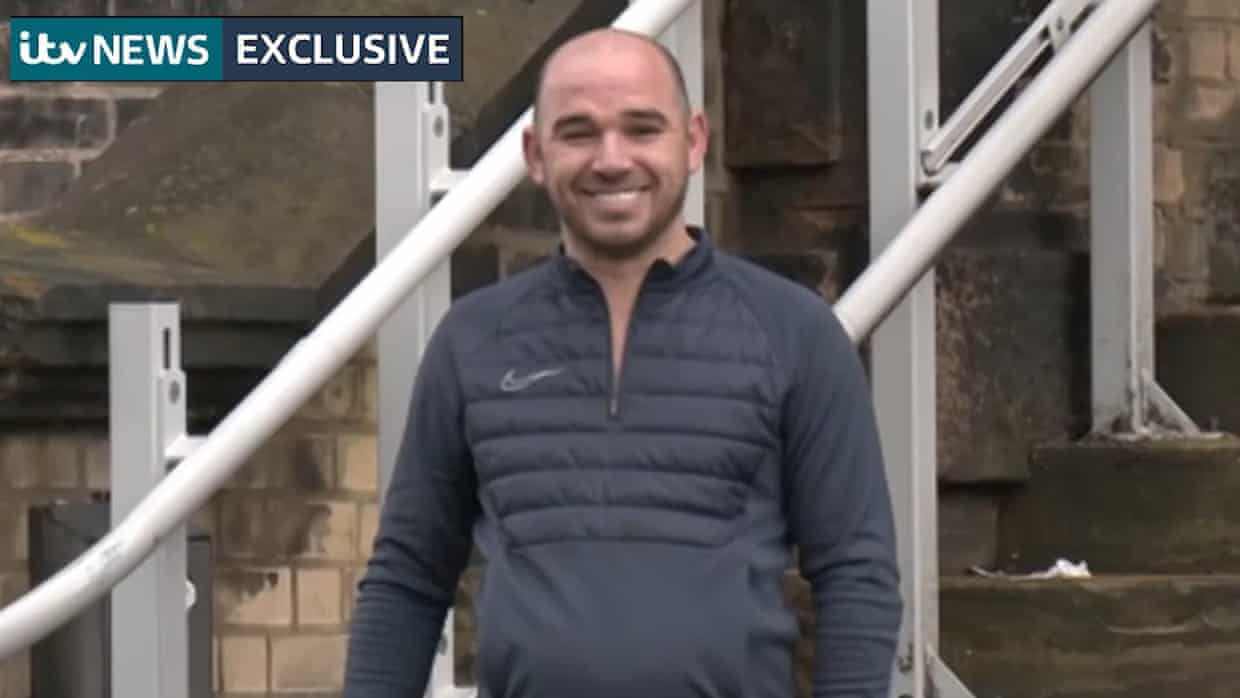
Mistakenly released prisoner Billy Smith turns himself in
A fraudster mistakenly released from prison this week has handed himself back in as a hunt continues for a convicted sex offender who was also accidentally freed.While David Lammy, the justice secretary, insisted the government would clampdown on clerical errors, William Smith was filmed waving to cameras and hugging his partner before he walked back into HMP Wandsworth, in south-west London.Smith, 35, usually known as Billy, had been sentenced to 45 months for multiple fraud offences at Croydon crown court on Monday, but was then released in error by the prison.A clerical mistake by the court led to the prison being told it was a suspended sentence, which meant he no longer had to be detained. The court corrected the error but HMP Wandsworth was not informed
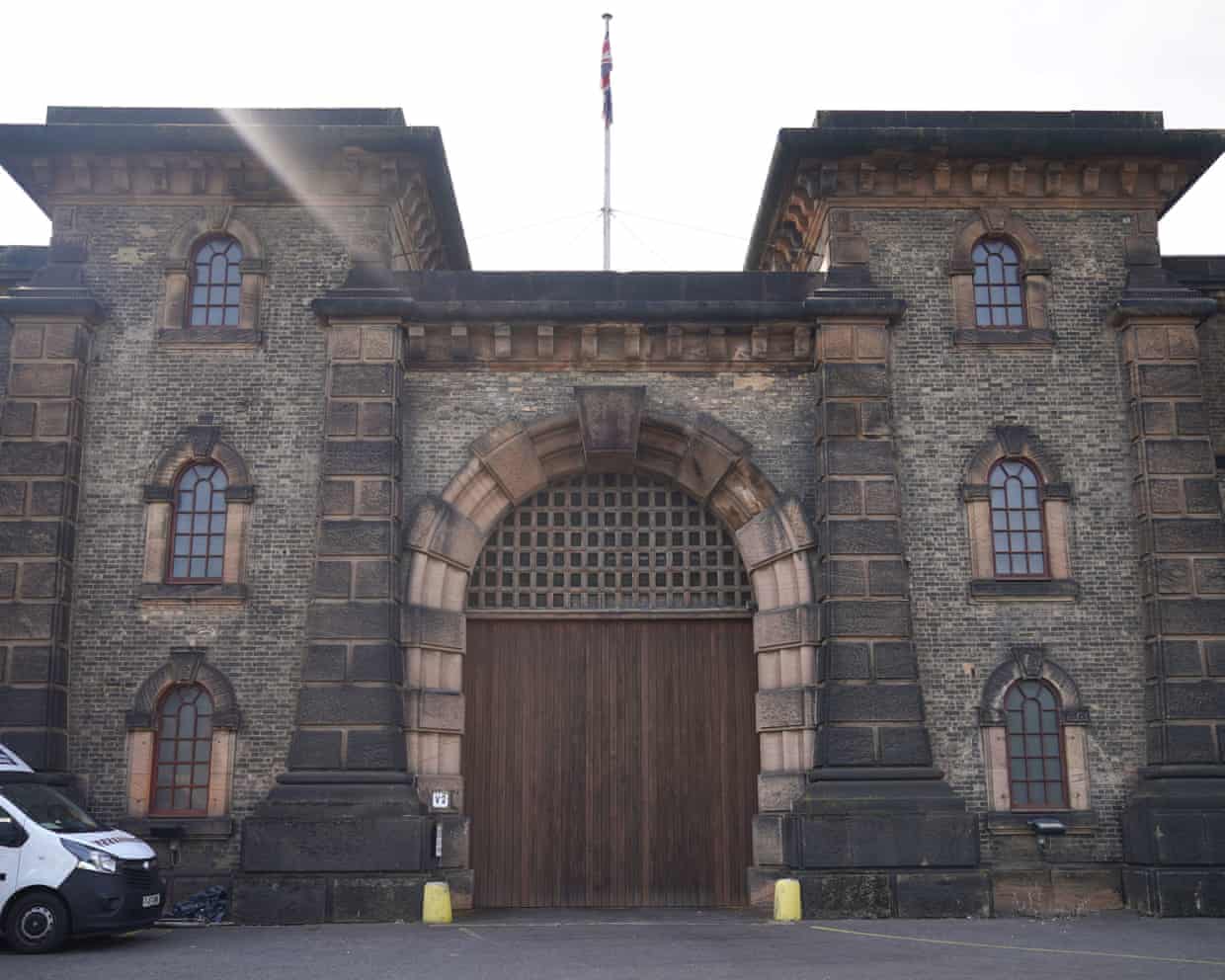
Overcrowding, understaffing and old IT: chaotic context to prison release errors
If anyone was surprised at the idea that a single prison could accidentally release two people within a matter of days, then a brief glimpse at an inspection report for HMP Wandsworth from last year would quickly explain things.Despite a high-profile escape from the south London jail only months earlier, conditions were so chaotic at the time of the inspection that most staff could not reliably say where all prisoners were during the day, Charlie Taylor, the chief inspector of prisons, reported with obvious near disbelief.“There was no reliable roll that could assure leaders that all prisoners were accounted for,” he wrote. After the escape of the spying suspect Daniel Khalife, who strapped himself to the underside of a delivery van, “it was unfathomable that leaders had not focused their attention on this area”, he said.As ever with the Prison Service, there is considerable context to this

Woman with stage 4 cancer has welfare benefit stopped after falling ill abroad
A woman with stage 4 colon cancer has had her universal credit payments stopped and is at risk of losing her home after she fell ill while visiting family abroad to tell them about her diagnosis.Ana Paula Cabral, 65, who moved to the UK from Portugal eight years ago, started receiving universal credit (UC) in July as she was unable to work after her cancer diagnosis, which required extensive chemotherapy.Her payments were abruptly stopped in September after she fell seriously ill while in Portugal, with the Department for Work and Pensions (DWP) saying she was no longer eligible as she had been out of the country for more than a month.With a significantly reduced income, Cabral said she feared she would lose her London home as she was unable to pay her rent and bills, which may mean she is forced to give up her job at a nearby homewares shop.“I’m supposed to pay the rent and all my bills but I am not going to be able to pay
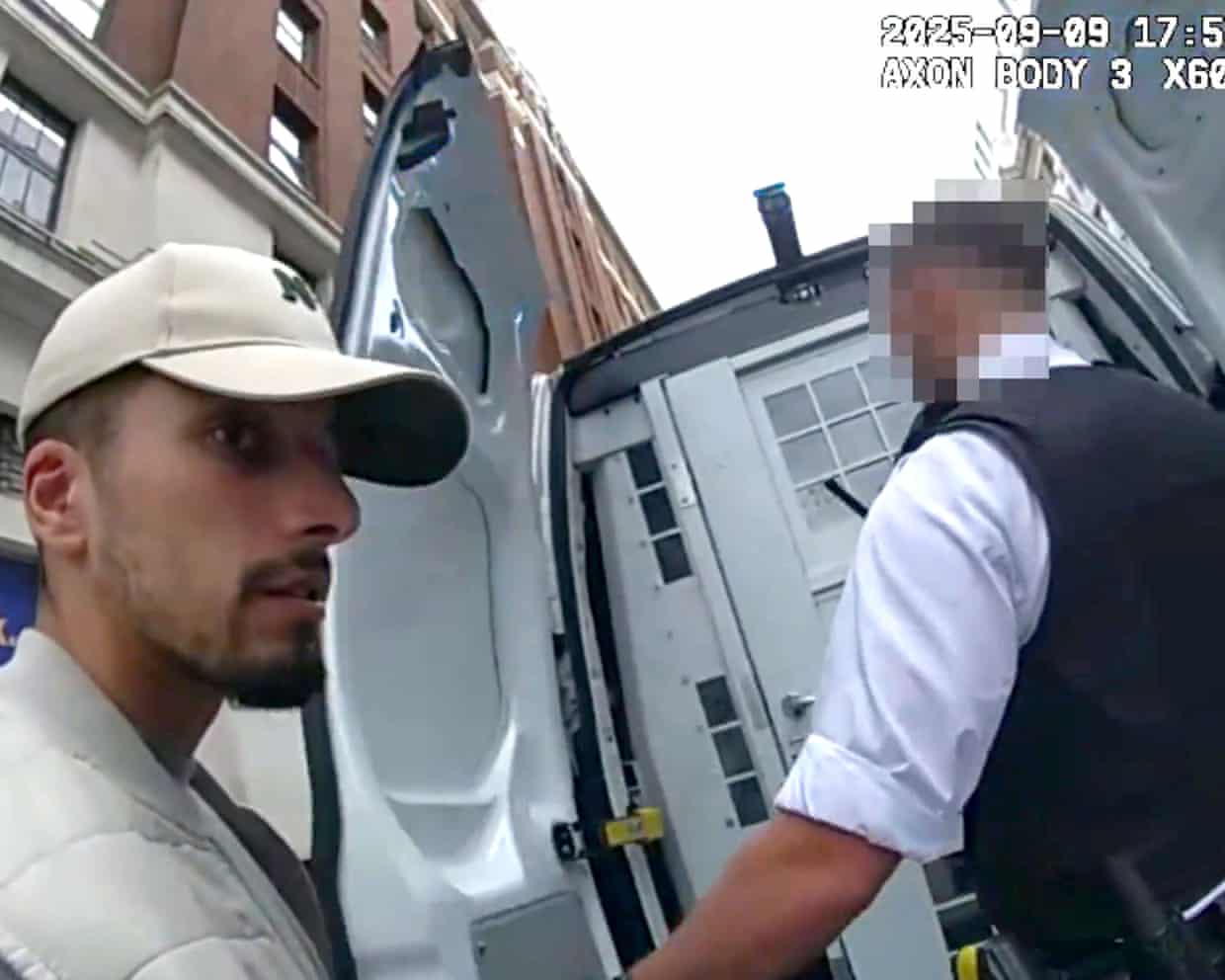
England prison chiefs summoned to urgent meeting with ministers over wrongful releases
Prison governors in England have been summoned to an urgent meeting with ministers as the government comes under pressure over the wrongful release of two more prisoners, including a convicted foreign sex offender.Alex Davies-Jones, a justice minister, told broadcasters she was “furious” about the “unacceptable” situation where an average of 22 people are wrongly released from prisons each month in England and Wales.She said the “archaic” paper-based system within the prison service was partly to blame and that the government was introducing a “crack team” of digital experts to overhaul it.She said the “reams and reams of paperwork” led to situations where people who had the same name or many aliases were mixed up. She also pointed to the impact of chronic spending cuts to the criminal justice system
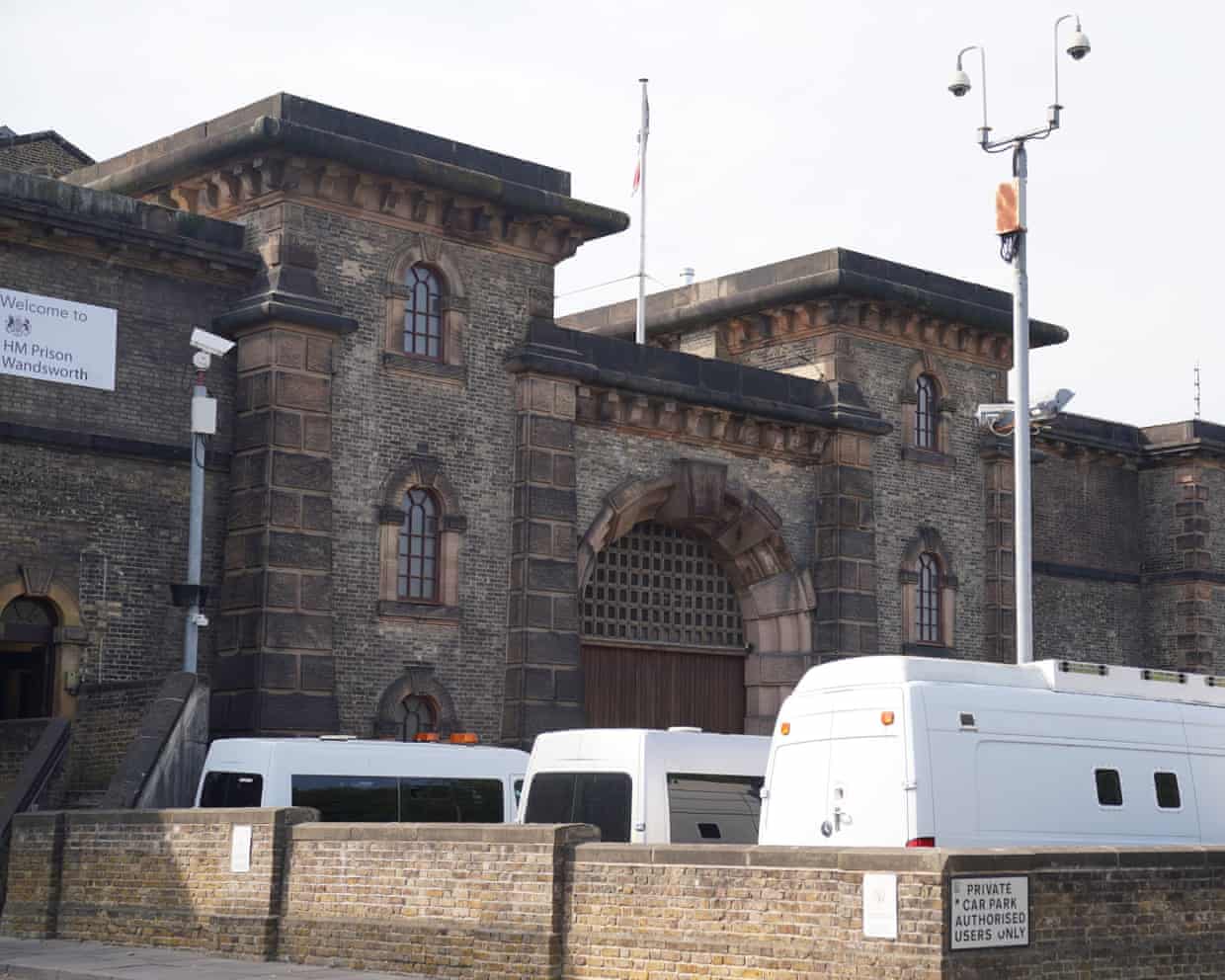
Latest mistaken releases expose deep cracks in England’s prison system
The mistaken release of a second foreign prisoner has forced ministers to re-evaluate their security and release procedures and will once again shine a spotlight on the well-documented problems at HMP Wandsworth.Much of the concern centres on poor technology and poor communication between prisons, the Ministry of Justice and the courts – the three bodies responsible for overseeing the movement of England and Wales’s 87,000 inmates.During the government’s emergency prison release scheme in September 2024 to tackle overcrowding, 37 inmates were freed in error after their offences were wrongly logged under repealed legislation.A computer system designed to automate the calculation of release dates has failed to function as planned, forcing prison staff to work out complex calculations by hand using calculators.With nearly 20% of prisoners being held on remand, increasing numbers are being transported between prison and courts for hearings
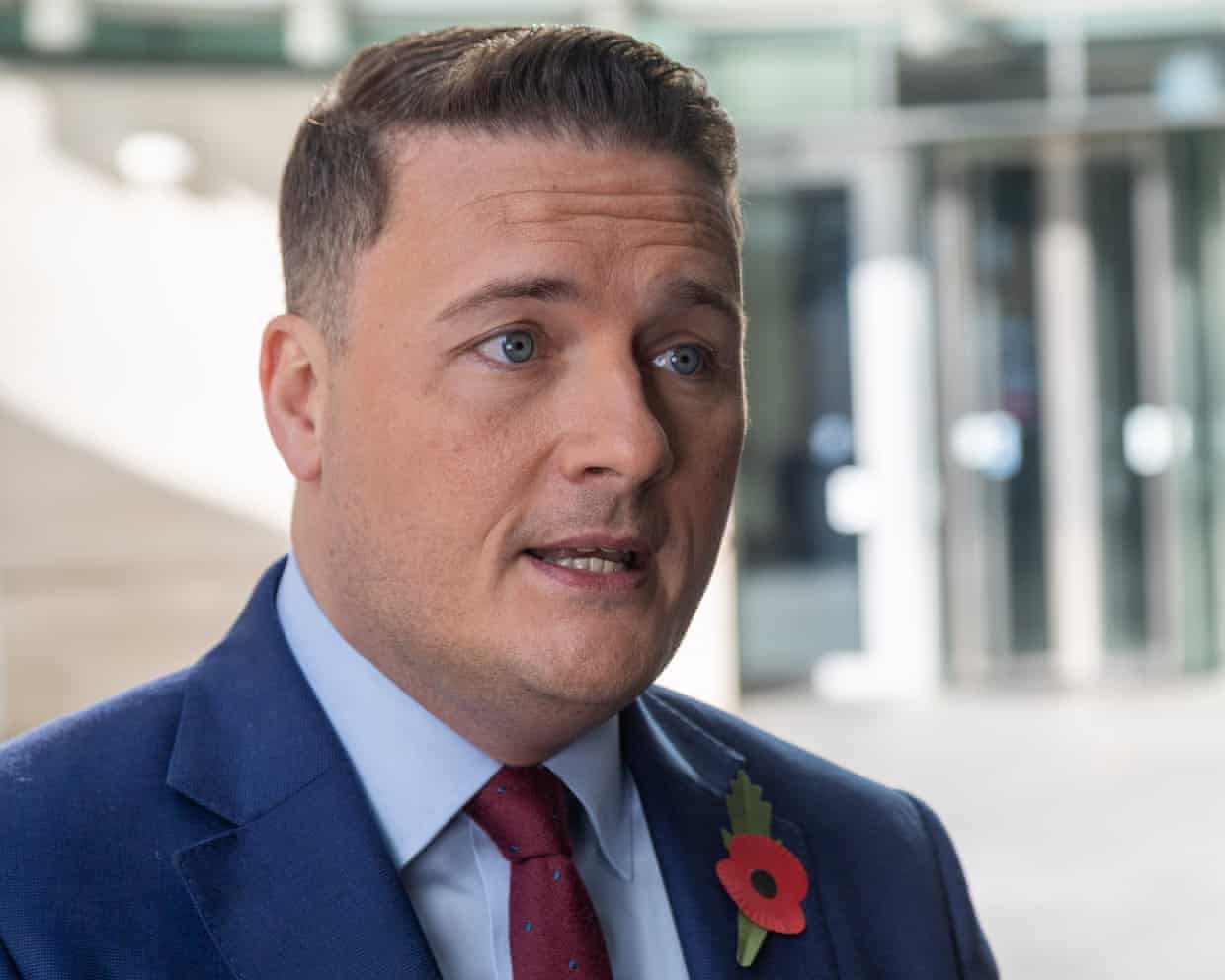
Resident doctors’ strike to go ahead after Wes Streeting’s last-ditch offer is rejected
Wes Streeting has failed in an attempt to end the long-running resident doctors’ dispute with a new offer to them, which means their five-day strike next week is expected to go ahead.The health secretary tabled a new offer to resident doctors – formerly junior doctors – in England on Wednesday in a move intended to avoid the strike, their 13th.But the British Medical Association’s resident doctors committee (RDC) rejected Streeting’s attempted olive branch and said his proposal was too limited for them to call off their action.Streeting pledged to double his previous offer to create 1,000 extra places for early-career doctors to move into specialist training in their chosen branch of medicine. Half of those 2,000 would be made available this year to help tackle a bottleneck in resident doctors becoming specialists, he said
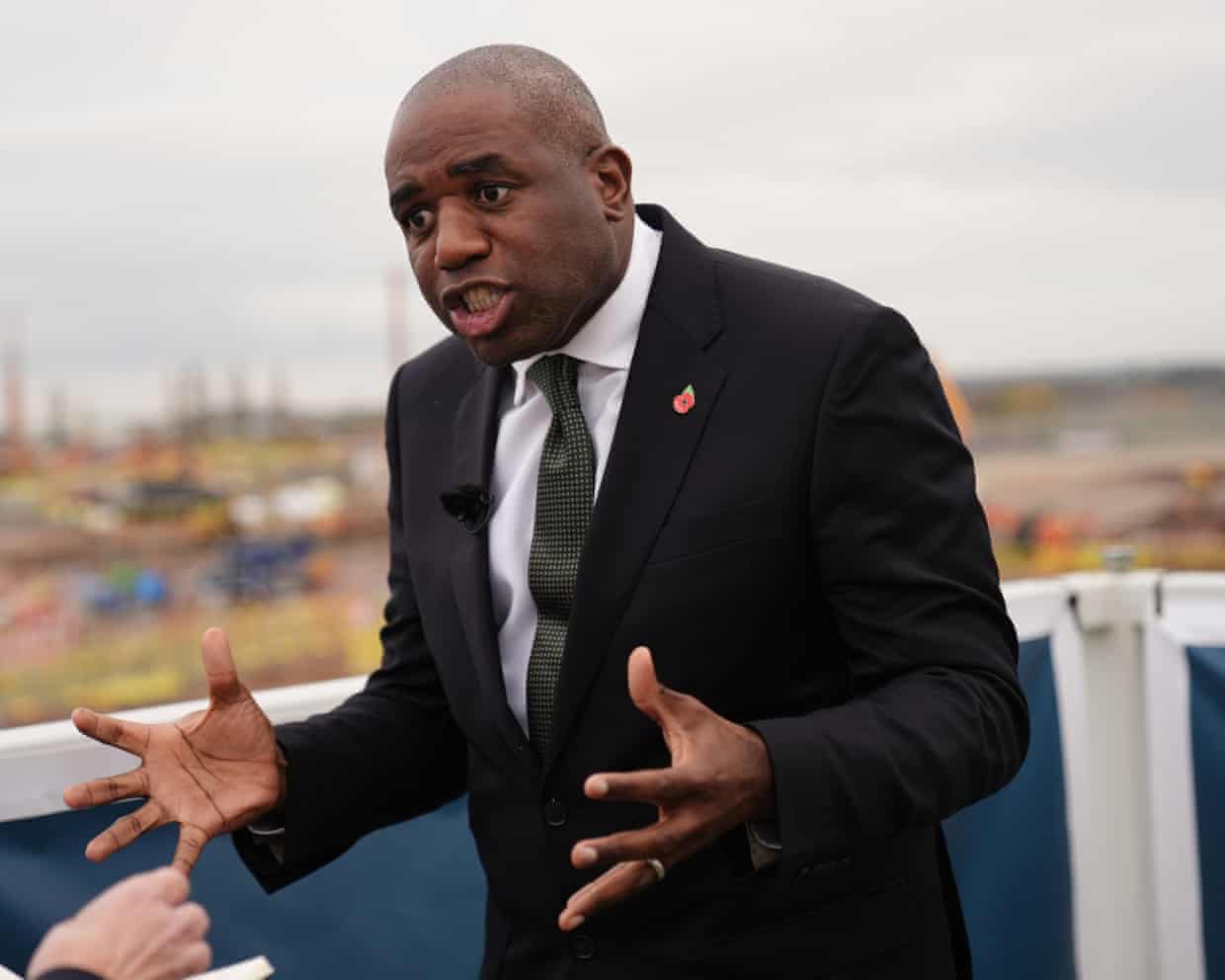
Lammy says he was not ‘equipped with the details’ when facing questions on mistaken prisoner release at PMQs – as it happened
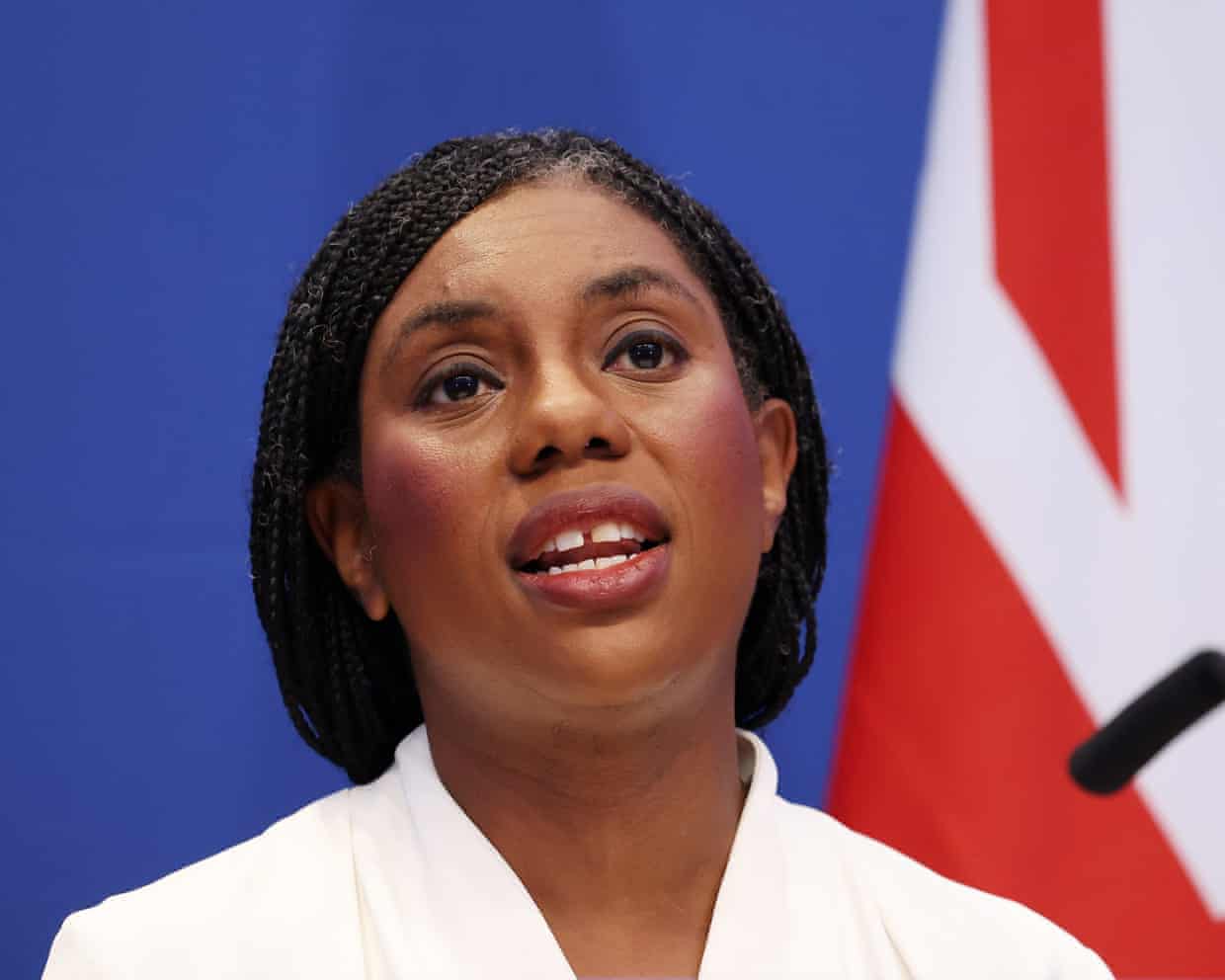
Badenoch accused of ‘interfering’ in lobbying scandal linked to Cameron
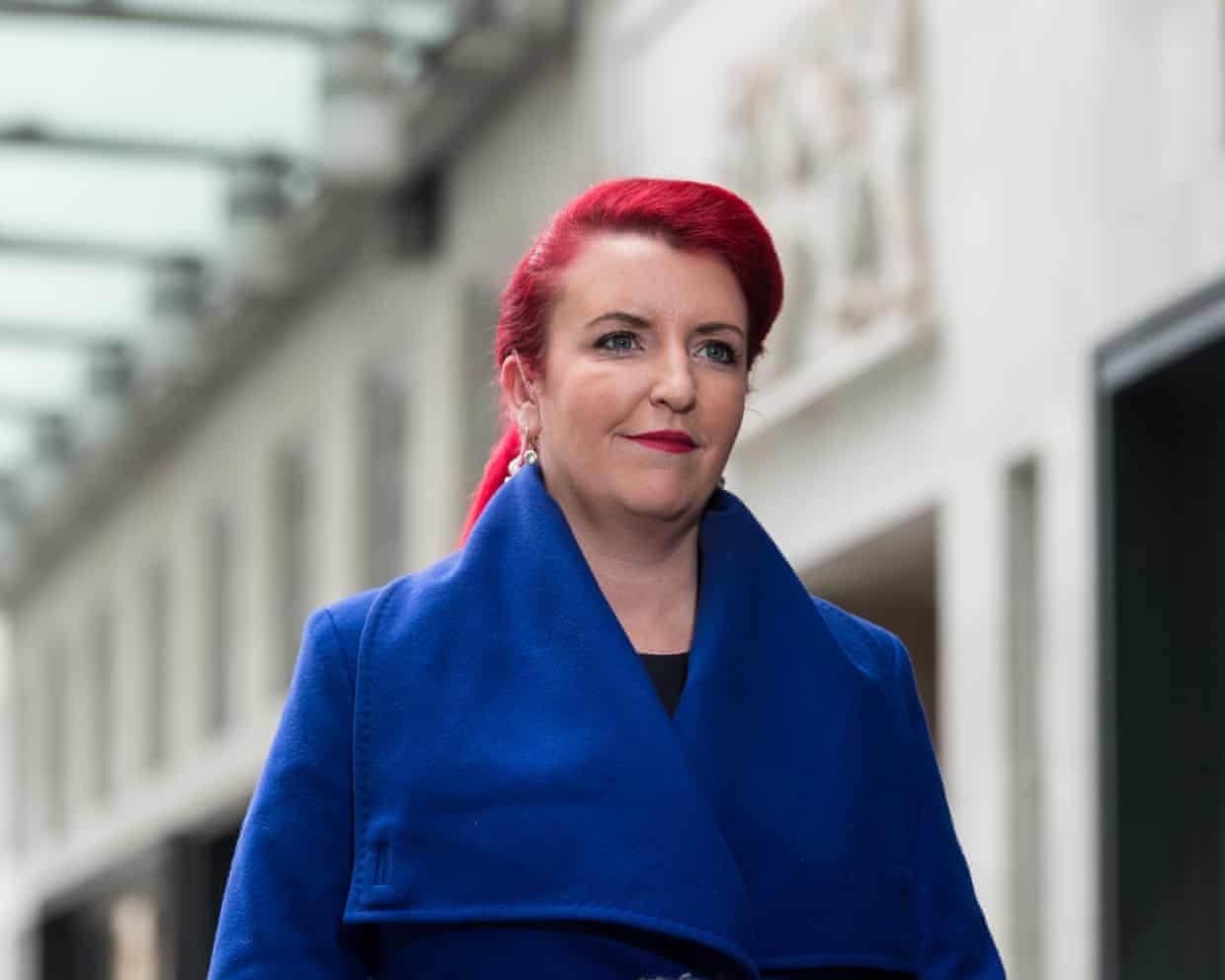
Labour MPs revive ‘desperately needed’ soft left group to take on Reform
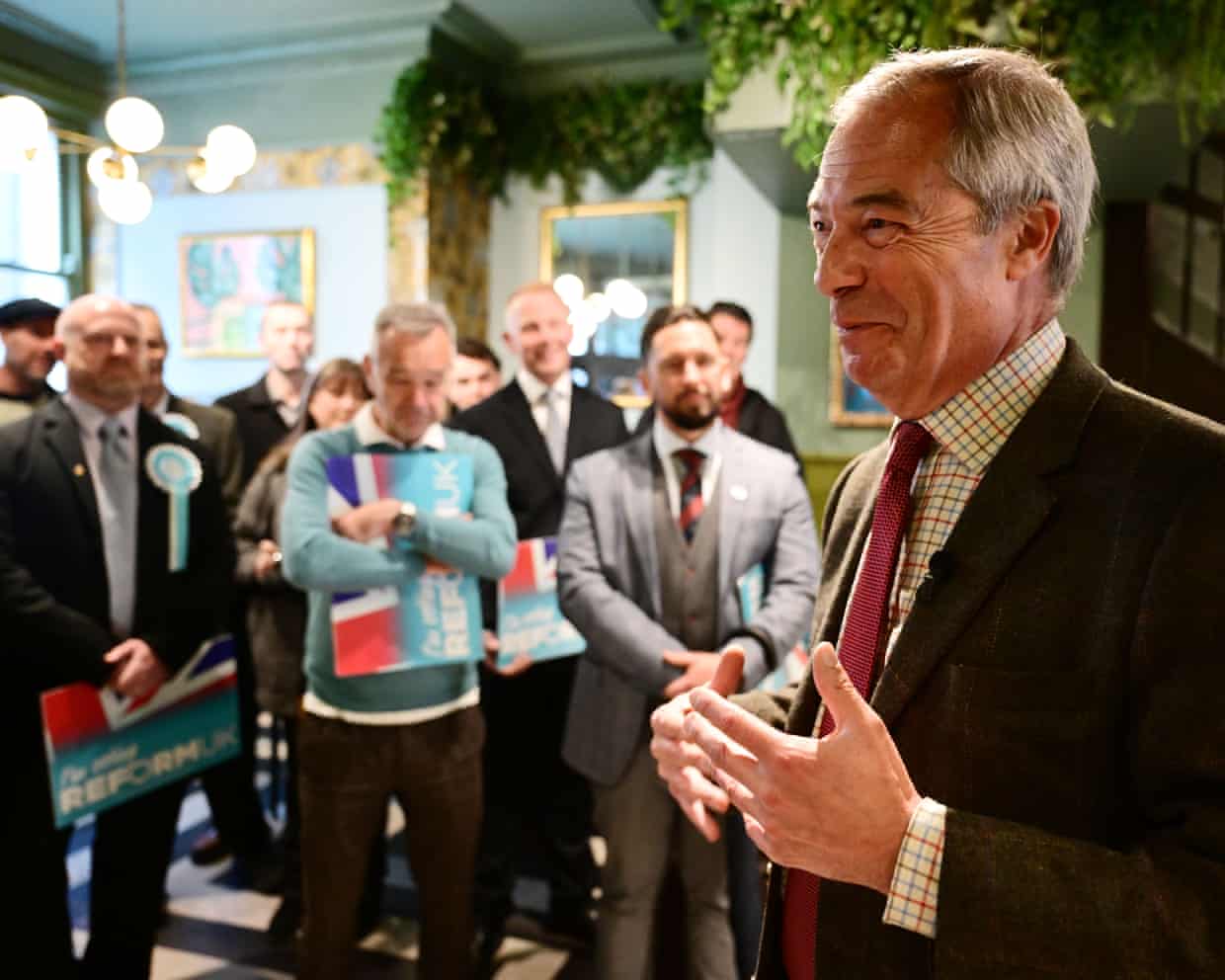
Lancashire’s Reform-run council plans to close care homes and day centres
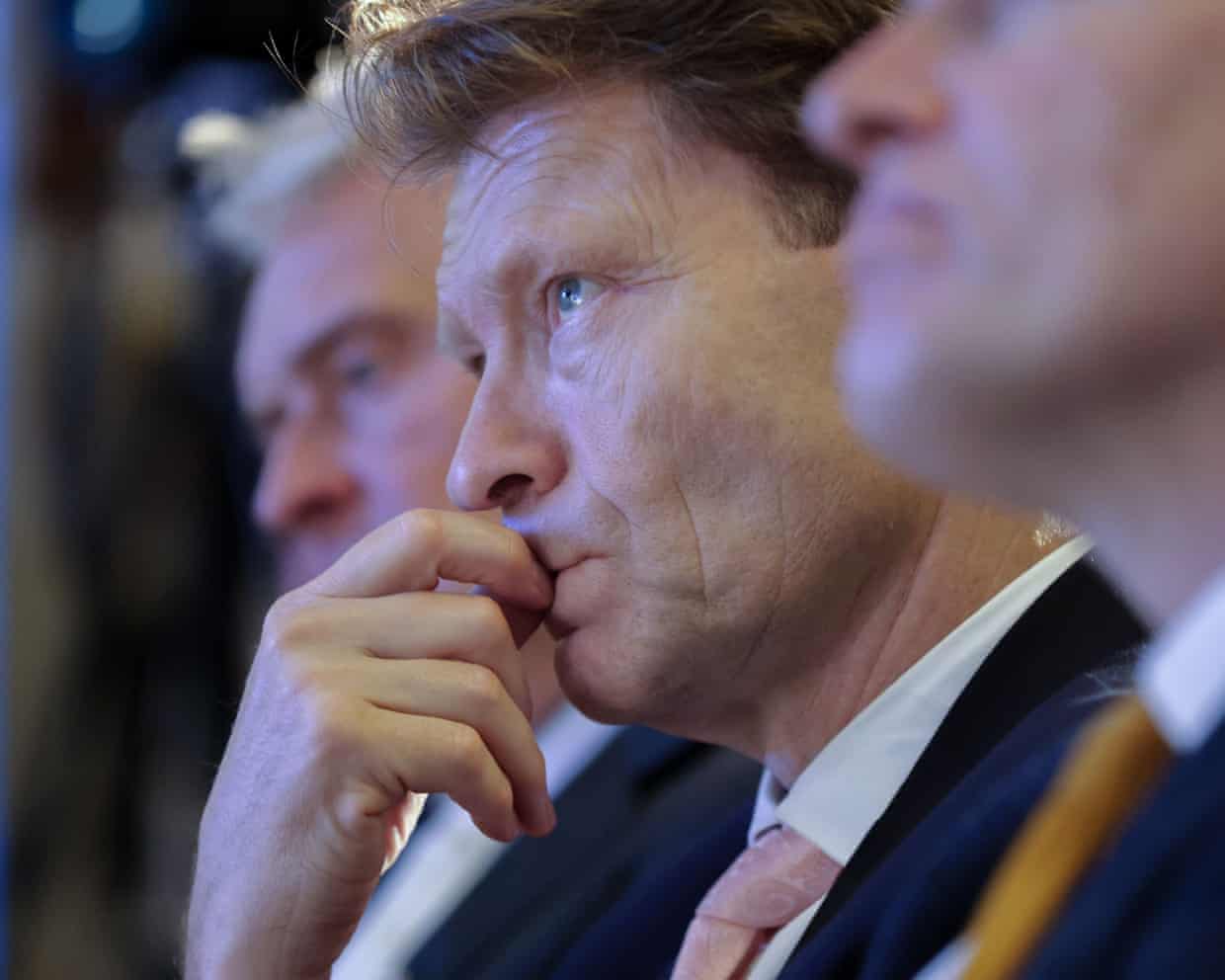
Reform’s public-sector pensions plan could cost billions extra, union warns
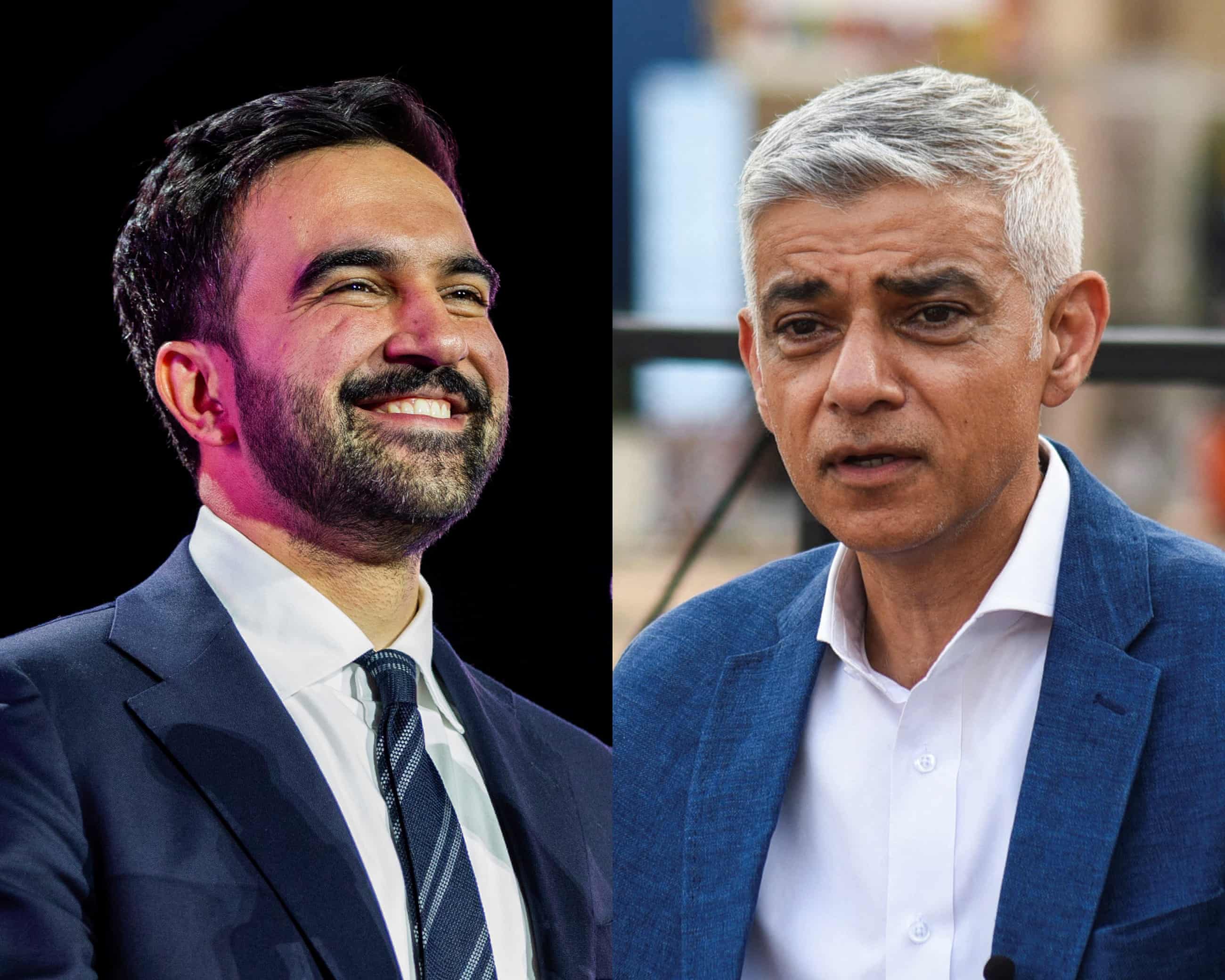
London mayor sees parallels in Zohran Mamdani’s victory: ‘Hope won’